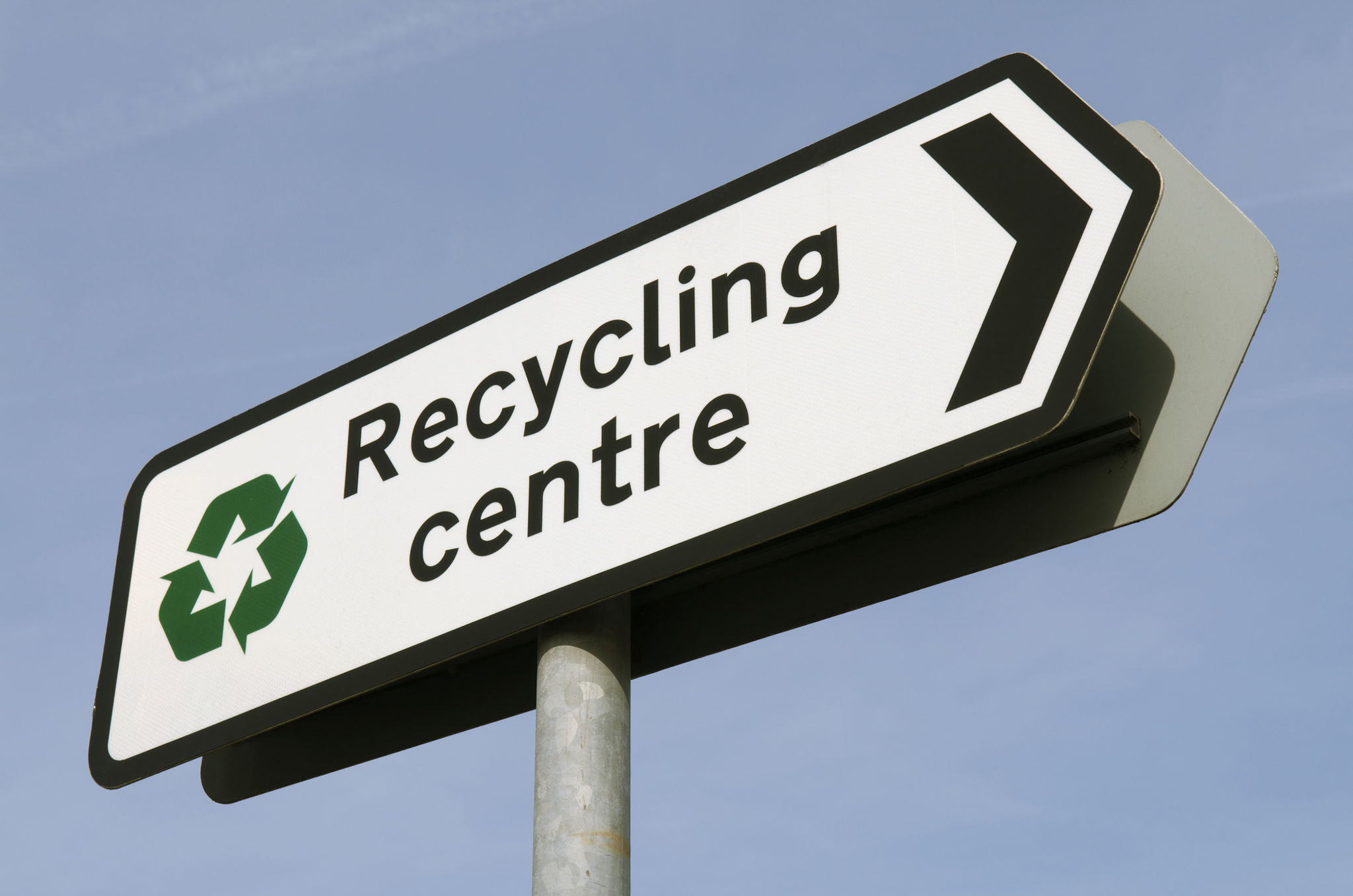Local Regulations on Waste Oil Disposal: What London Businesses Need to Know
Understanding Waste Oil Disposal Regulations
London businesses dealing with waste oil must comply with stringent local regulations to ensure environmental safety and public health. Waste oil, which is any synthetic or mineral oil that has been contaminated through use, poses significant risks if not disposed of correctly. To mitigate these risks, the UK government has established strict guidelines that businesses must follow.
The Environment Agency (EA) governs waste oil disposal in London, and non-compliance can result in hefty fines and legal repercussions. It is crucial for businesses to remain informed about these regulations and ensure they are following best practices for disposal.

Key Requirements for Businesses
For businesses in London, understanding the key requirements for waste oil disposal is essential. Here are some of the fundamental regulations:
- Proper Storage: Waste oil must be stored in secure containers to prevent leaks and spills. Containers should be clearly labeled and regularly inspected for damage.
- Licenses and Permits: Businesses must obtain the necessary permits if they intend to transport or process waste oil. This includes registering as a waste carrier with the Environment Agency.
- Authorized Disposal Facilities: Waste oil must be disposed of at authorized facilities. These facilities are equipped to handle waste oil safely and in accordance with environmental regulations.
Choosing an Authorized Disposal Facility
Selecting the right disposal facility is critical for compliance. Businesses should choose facilities that have the proper certifications and a track record of environmentally responsible operations. It's advisable to conduct regular audits of these facilities to ensure they continue to meet regulatory standards.
Many disposal facilities offer collection services, which can be a convenient option for businesses. This minimizes the risk involved in transporting hazardous materials and ensures that waste oil is handled by professionals.

The Importance of Record Keeping
Record keeping plays a vital role in compliance with waste oil disposal regulations. Businesses must maintain detailed records of all waste oil transactions, including quantities, types of oil, and details of the disposal facility used. These records should be kept for at least two years, as they may be required during inspections or audits.
Having an organized record-keeping system not only ensures compliance but also helps businesses monitor their waste disposal practices for efficiency and sustainability improvements.
Environmental Impact and Sustainability
Proper waste oil disposal is not just about compliance; it's also about contributing to environmental sustainability. Waste oil can be recycled and re-refined into new products, reducing the need for virgin oil extraction and minimizing carbon footprints.
By implementing sustainable waste management practices, businesses can enhance their corporate responsibility profiles while also potentially reducing costs associated with new material procurement.

Staying Informed and Updated
Laws and regulations surrounding waste oil disposal can change, so it is imperative for businesses to stay informed. Regularly reviewing updates from the Environment Agency and participating in industry workshops or seminars can help businesses keep abreast of any changes.
Consulting with environmental compliance experts can also provide valuable insights and ensure that businesses are not only compliant but also operating efficiently and sustainably.
By understanding and adhering to local regulations on waste oil disposal, London businesses can ensure they protect the environment, avoid legal issues, and promote sustainable practices within their operations.